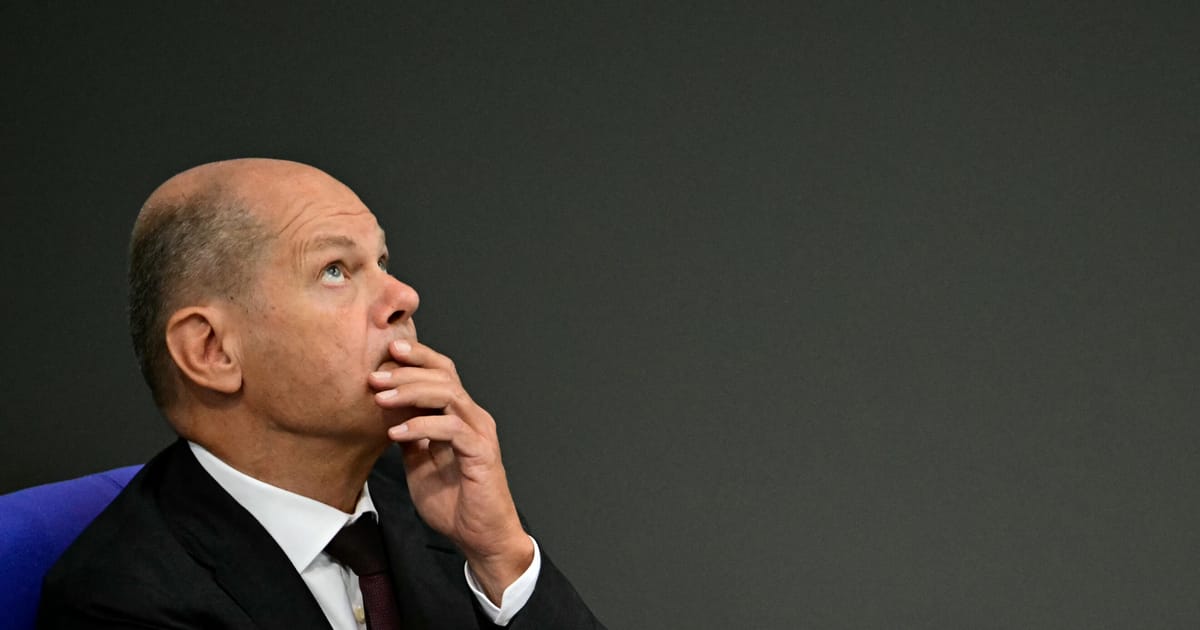And although the government insisted these changes were limited to six months, the expectation is that they’ll be renewed. Schengen RIP, or so it seems.
With that, it looks as though everyone’s doing their own thing on migration now. Italian Prime Minister Giorgia Meloni — regarded in Brussels as one of Europe’s most powerful figures — has set the tone with her Albania deal. The right-wing coalition in the Netherlands is seeking to opt out from EU-wide migration rules. Meanwhile, Finland and Poland, both facing Kremlin-coordinated immigration waves along their borders with Russia and Belarus, are striking out on their own too.
Germany thus isn’t going out on a limb per se. But what is so different from a decade or two ago is that it isn’t trying to lead either.
The EU has traveled far since its optimistic, federalist era of old. Each country is now fighting for scraps and pursuing its own agenda, compounding the many challenges facing Commission President Ursula von der Leyen as she begins her second term and is increasingly at odds with national governments.
But even if there’s little goodwill or vision, there’s still an acute need for the big players to come together. Not just to fight fires, but to address Europe’s structural problems — both present and future.
And that was the message from former European Central Bank President Mario Draghi in his recent blueprint on competitiveness, which was commissioned by von der Leyen. “We have reached the point where, without action, we will have to either compromise our welfare, our environment or our freedom,” Draghi declared.
The message is a familiar one coming from Brussels: Either integrate, or die as a global force. It seems, however, we’re headed in the opposite direction — and Germany is part of the reason for that.
